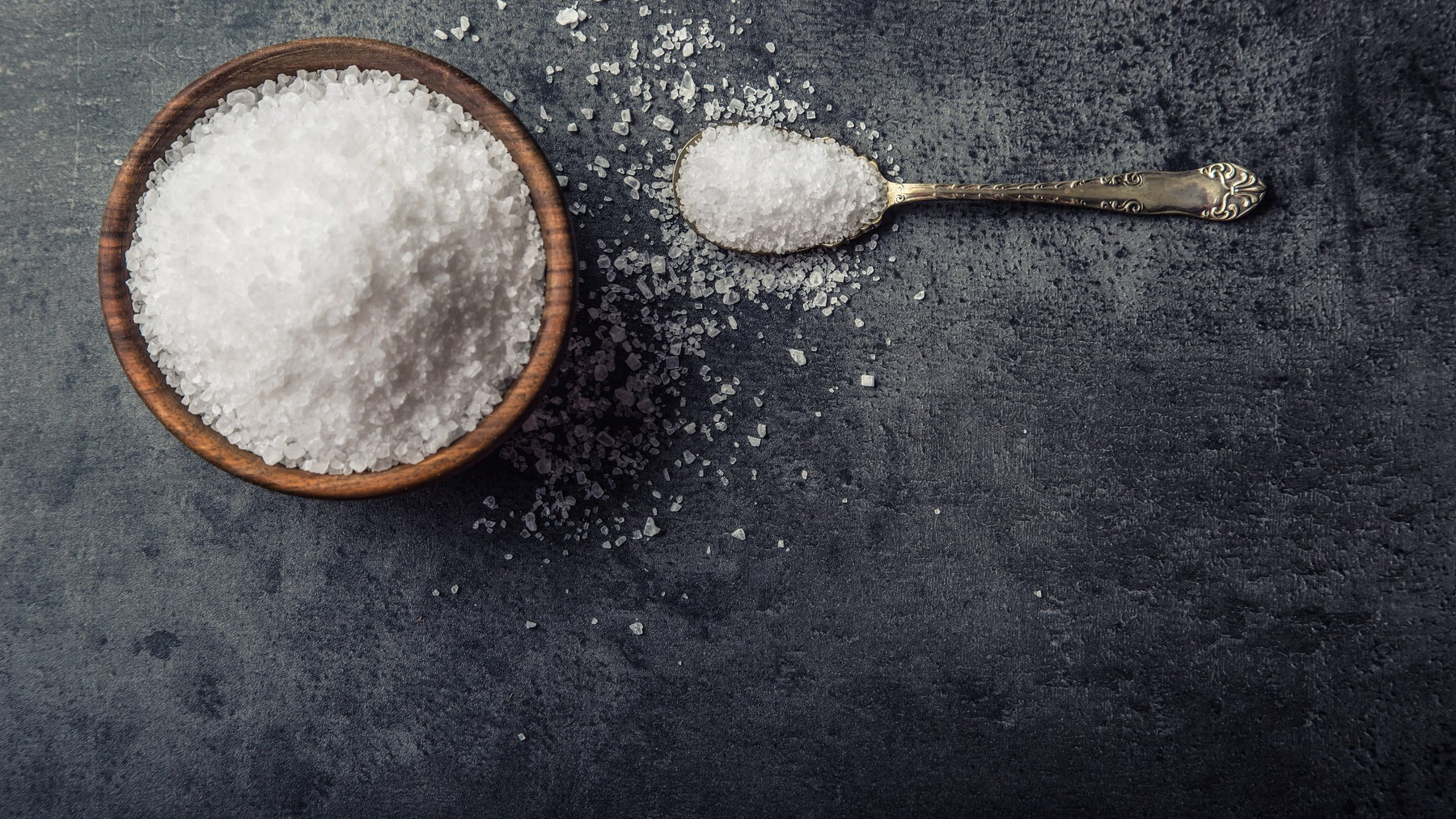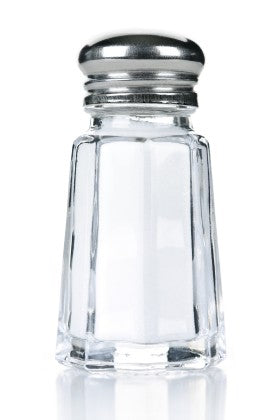
Eating Salt Boosts Weight Loss?
This newest study is continued proof that the age-old myth of high salt consumption compromising health to be nothing more than that - a myth.
Relayed - Sodium Intake Lowers Blood Pressure?
The Salt Study
Researchers from Vanderbilt University studied 10 Russian cosmonauts in isolation to simulate a space mission to Mars over two separate durations, 105 and 205 days, respectively. Cosmonauts were given salt intake levels of either 12, 9, or 6 g/d, over the course of the study while all other nutrients intakes were held constant.
The goal of the study was to document any salt-driven changes in mineralocorticoid and glucocorticoid (classes of corticosteroids, a.k.a. hormones) excretion through urine. Measurements were also taken on daily water intake and urine volume. The difference of these two numbers was defined by the team as the water balance gap.
After the completion of the trial, researchers noted that in spite of consuming more salt of certain days, the cosmonauts actually consumed less water. This is counter-intuitive to the age-old theory that eating salt foods inherently makes us thirsty. Additionally, despite drinking less water on the high sodium (12g/day) days, test subjects still produced similar urine amounts as the low and medium (6 and 9g/day) days.
Why is that?
Well... Analysis.
Based on the study's findings, researchers hypothesized that the body breaks down fat to produce fluids, which flies in the face of previous research suggesting high salt intake leads to fluid retention and subsequent weight gain.
In other words, the human body in all likelihood produces water from fatty tissue in the absence of adequate water consumption when salt intake was high, and that salt levels in the body follow a rhythm of sorts. So that no matter whether salt intake was high or low, the body retained a set level and excreted the rest, independent of water intake.
Another interesting finding was that subjects constantly reported they were hungrier on their high-salt intake days. Researchers stated calorie intakes did not vary between high or low sodium days, so what was causing the increased hunger?
After analyzing the collected urine samples, researchers noted that the cosmonauts had increased glucocorticoid hormones production on the high salt days, which influences metabolism and immune function.
High Salt = Weight Loss?
So, how do arrive at the high salt intake yields increased weight loss?Based on the findings of the cosmonaut study, the same team of researchers studied the effects of high sodium intake in animals (i.e. mice). The same trend from the human trials carried over - on the higher salt intake days, mice consumed less water, yet still excreted similar amounts.
This was due to increased glucocorticoid hormones breaking down fat and muscle tissue for the needed water. To do this, the body must ramp up its metabolism to fuel the process, which would explain why the cosmonauts complained of increased hunger on the high salt days.
Takeaway
Should you employ a high salt intake to accelerate weight loss? No, researchers did not recommend that. But what you can take away from the findings is that you don't need to fear salt when dieting, and it just may help when looking to shave off those last few pounds!References
Kitada K, Daub S, Zhang Y, et al. High salt intake reprioritizes osmolyte and energy metabolism for body fluid conservation. J Clin Invest. 2017;127(5):1944-1959. doi:10.1172/JCI88532.Rakova N, Kitada K, Lerchl K, et al. Increased salt consumption induces body water conservation and decreases fluid intake. J Clin Invest. 2017;127(5):1932-1943. doi:10.1172/JCI88530.

Leave a comment